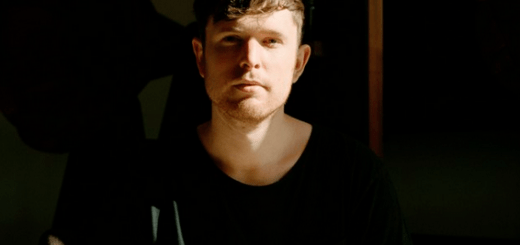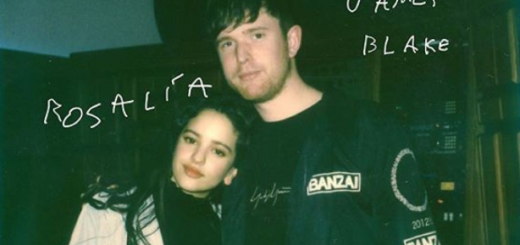Lindisfarne I by James Blake Lyrics Meaning – Unveiling the Mystique of Melancholic Melodies
Lyrics
Looking further than I can see
Without tact to read
She’d take a shine to me
Beacon don’t fly too high
Beacon don’t fly too high
For all your time
Playful crime in rain
Worth it being cold
Roofing for the lanes
A lesson lost again
A lesson lost again
Cute but I’ll take the bus
With fees and favours gone
Cracks in savers pass
And a white that sometimes shone
Wanton borrowed gun
Wanton borrowed gun
Kestrels breed
Looking further than I can see
Without tact to read
She’d take a shine to me
Beacon don’t fly too high
Beacon don’t fly too high
In the labyrinth of contemporary music where artists often thread the line between transparency and enigma, James Blake’s ‘Lindisfarne I’ emerges as a beacon of contemplative songwriting. At first blush, the song’s sparse arrangement and hauntingly tender vocals seem to be a mere vessel for melancholy. Yet, within its minimalist verses lies a depth of emotion and a mosaic of meanings that are both personal and universally resonating.
Blake is known for his sonic alchemy, merging electronic music’s chill with the soul of rhythm and blues, wrapped in the intimacy of singer-songwriter confessionals. ‘Lindisfarne I’ crystallizes this signature style in a way that invites us to parse through its lyrical economy, seeking the treasures that Blake deliberately veils behind his musical motifs.
The Kestrel’s View: A World Beyond the Horizon
The recurring kestrel in the song’s landscape isn’t merely a bird; it’s a motif symbolizing perspective and vision. When Blake sings ‘Kestrels breed, looking further than I can see,’ he encapsulates a sense of yearning to grasp what lies beyond the immediately visible – a desire for transcending limitations.
This metaphor extends itself to human connections, where ‘without tact to read’ might allude to the miscommunications and the inability to fully understand each other, even in intimacy. The kestrel thus becomes an aspirational figure, soaring above the murk and misunderstanding, searching for clarity.
Flight Restrained: The Melancholy of Ambition
The repeated lines ‘Beacon don’t fly too high’ suggests a warning against hubris or an overreach that leads to a fall. It echoes the Icarus myth – a reminder of what happens when ambition exceeds grasp and caution is tossed to the winds.
This line might be seen as the conflict between aspiration and humility, a message for both the singer and the listener. In the context of stardom and personal growth, Blake voices an internal struggle to balance his own rise with the grounding needed to stay true to oneself.
Uncover the Cryptic: The Hidden Meaning Behind Rain and Rooftops
Blake transports us to a scene of ‘playful crime in rain, worth it being cold, roofing for the lanes.’ Here he weaves a tapestry of innocence lost and the bittersweet tendencies of human behavior. The ‘playful crime’ under the cold rain becomes a metaphor for experiences that test us, shape us, and sometimes leave us raw.
This verse could be dissecting the concept of sacrifice – whether success in any area of life is worth the cold, harsh trials we encounter. Alternatively, it could even reflect the simple act of finding shelter – emotional or physical – in the most testing of circumstances.
The Echoes of Disillusionment in ‘Wanton Borrowed Gun’
Perhaps one of the most piercing lines, ‘Wanton borrowed gun,’ reverberates with the idea of recklessness and the borrowed troubles we arm ourselves with. It evokes the image of handling something powerful yet uncontrollable – a representation of how we deal with the power of our emotions or the agency in our lives.
This phrase could also allude to the transient nature of life and the actions we take. The borrowed gun is not ours to keep, suggesting that the authority or the strength we sometimes flaunt is only temporary, and the potential for damage it can cause is significant.
The Commute to Solitude: ‘Cute but I’ll take the bus’
This line juxtaposes the mundane with the depth of internal journey by saying ‘Cute but I’ll take the bus.’ Here, Blake seems to reject favour or privilege, choosing instead the humility of common experience, represented by the simplicity of a bus ride.
It’s an assertion of self-reliance and possibly a refusal to be seduced by outward charm (‘Cute’). This choice of public transportation over personal convenience can be interpreted as embracing one’s path, no matter how unglamorous or slow, in exchange for authenticity and the chance for introspection.








